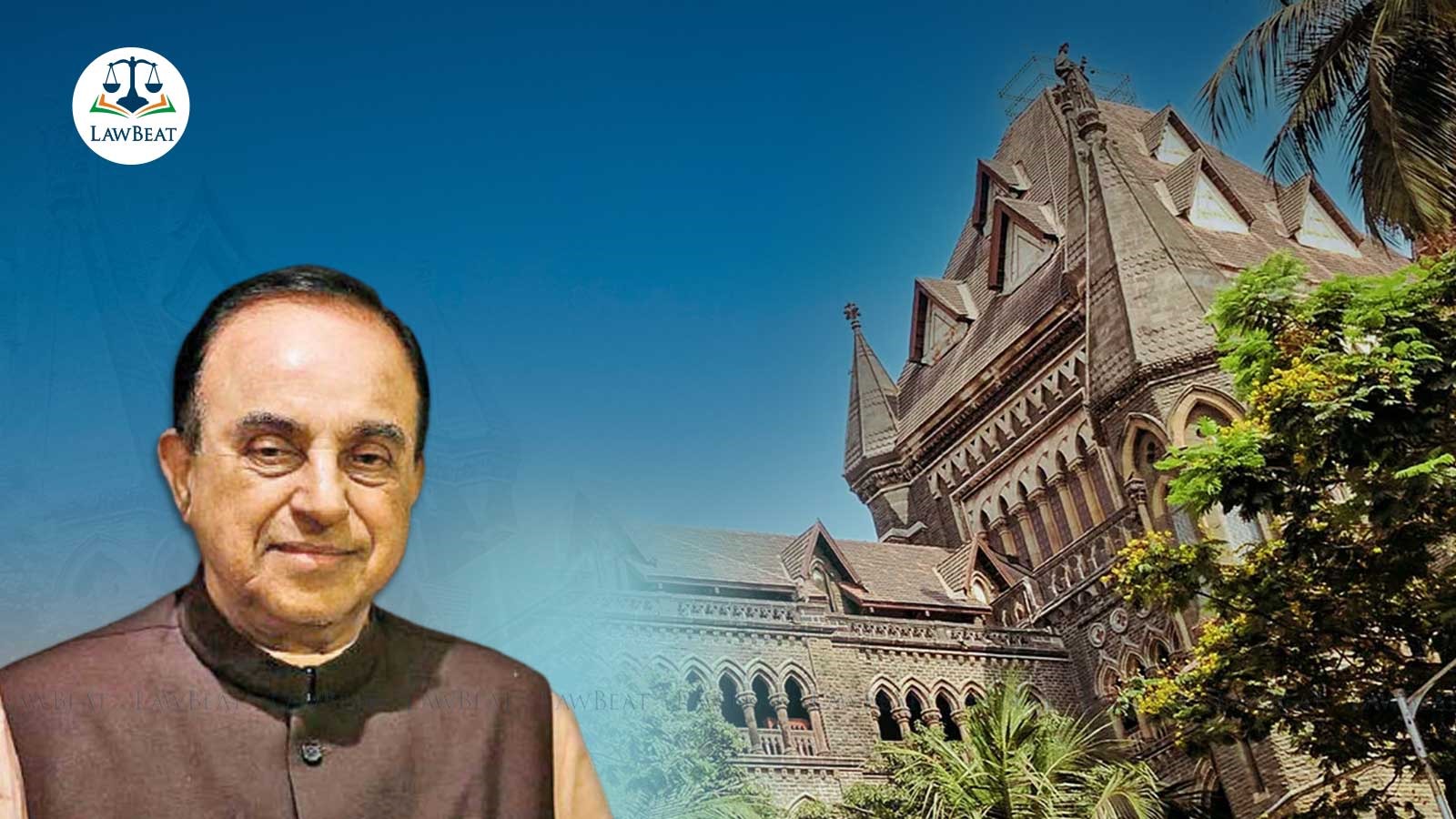Govt ousting rights of hindus: Subramanium Swamy against Pandharpur Temples Act in Bombay HC

“Present petition fails to make any pleading as to the religious denomination on whose behalf the petitioners are espousing the cause”, the affidavit reads.
In a Public Interest Litigation filed by Dr. Subramaniam Swamy, the State of Maharashtra recently filed its response stating that the Pandharpur Temples Act, 1973 was brought under special circumstances, abolishing certain special rights that were impinging upon the interests of public at large. “Principle of estoppel” and “Presumption of constitutionality” were further invoked by the State in its affidavit.
The matter is being heard by a Division Bench comprising Chief Justice DK Upadhyaya and Justice Arif S. Doctor.
Following are certain past developments related to the subject matter in PIL that were placed on record by the State;
1. In 1960, the State Government constituted a commission which recommended abolishing all hereditary rights, and privileges of ministrants and priestly classes in addition to forming a definite legislation governing rites and rituals at the Pandharpur Temple.
2. In accordance with the aforesaid, State enacted Pandharpur Temples Act, 1973, providing
“An Act to provide for the abolition of all the hereditary rights, privileges of ministrants and priestly classes functioning in the Temples of Vitthal and Rukmini at Pandharpur; for the acquisition of such rights and privileges and for the vesting thereof in a Committee established for the purpose; for payment of amounts for such acquisitions for providing for better administration and governance of these Temples, their endowments and the amalgamation of the trusts and for matters connected with the purposes aforesaid.”
3. The priestly class associated with the Pandharpur Temple challenged the vires of the Act before the Top Court and as an interim measure, Court restrained the State from enforcing the provisions of the said Act.
4. In March 1976, the matter was disposed and directions were issued to the petitioners for filing a civil suit before an appropriate court.
5. Nine civil suits were filed by the Badves, Sevadharis and Utpats, the three priestly classes of the said Temple before Solapur Court and all of them were dismissed vide judgment dated 24.01.1984.
6. Appeals preferred before ADJ Court and the High Court were further dismissed vide judgment dated 28.11.1984 and 13.11.2006 respectively.
“… Neither the Pandharpur Temples were religious denominational institutions nor did the associated priestly class, either singly or collectively, constitute religious denominations and as such were not entitled to protection under Article 26 of the Constitution”, the High Court while dismissing the appeal inter-alia said.
7. The matter went in SLP before the Top Court and vide order dated 15.11.2014, Court held that there was no cogent reason to interfere with the findings of the High Court and accordingly, the appeal was dismissed.
“The grounds of Articles 14,25,26 as made in the petition have been elaborately considered and negated by the orders of the Trial Court, Appellate Court, Hon’ble High Court and the Hon’ble Supreme Court. The petitioners have made no case out for reconsidering or revisiting the same after so many years”, the affidavit of the State reads.
Swamy’s plea states that by taking control over the Pandharpur Temples the government is ousting the rights of Hindus to profess, practice, and propagate their religion. It further states that even though the Act was passed in 1973, the administration was vested with the previous priest and only after 2014, the government had taken over the administration of the temple.
Case Title: Dr. Subramaniam Swamy v. State of Maharashtra | PIL (L) No. 4368 of 2023
